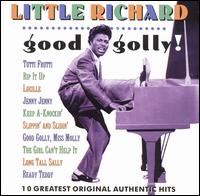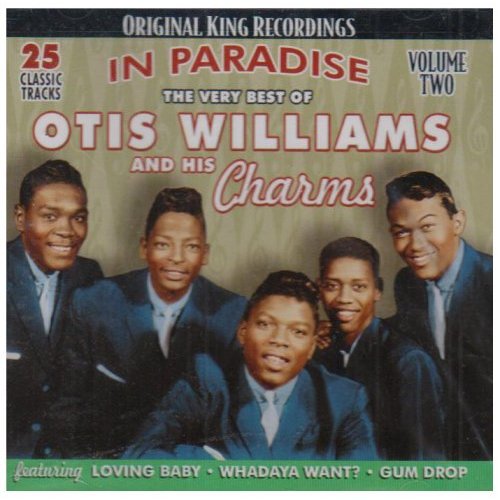
Harry, Beth
This book presents an in-depth discussion of how human disability and parental advocacy have been constructed in American society, including recommendations for a more authentically inclusive vision of parental advocacy. The authors provide a cultural-historical view of the conflation of racism, classism, and ableism that has left a deeply entrenched stigma--one that positions children with disabilities and children of color as less valuable than others. To redress these inequities, the authors offer a working model of co-constructed advocacy designed to benefit all families. Because advocacy is not a "one size fits all" endeavor, the authors propose meeting families where they are and learning their strengths and needs, while preparing and repositioning families to empower themselves.
Book Features:
- Takes a cultural-historical view that explores the reasons why individuals with disabilities are so stigmatized.
- Shows how the intersection of different stigmatized identity markers, such as poverty, race, and language, have been woven into negative interpretations of "difference."
- Celebrates the history of parent advocacy in the United States since World War II.
- Examines how social and racial privilege have dictated which parent voices are heard.
- Proposes collaborative approaches that can produce more authentic and more representative advocacy.
- Explores the motivations and purposes that drive parent advocacy.







